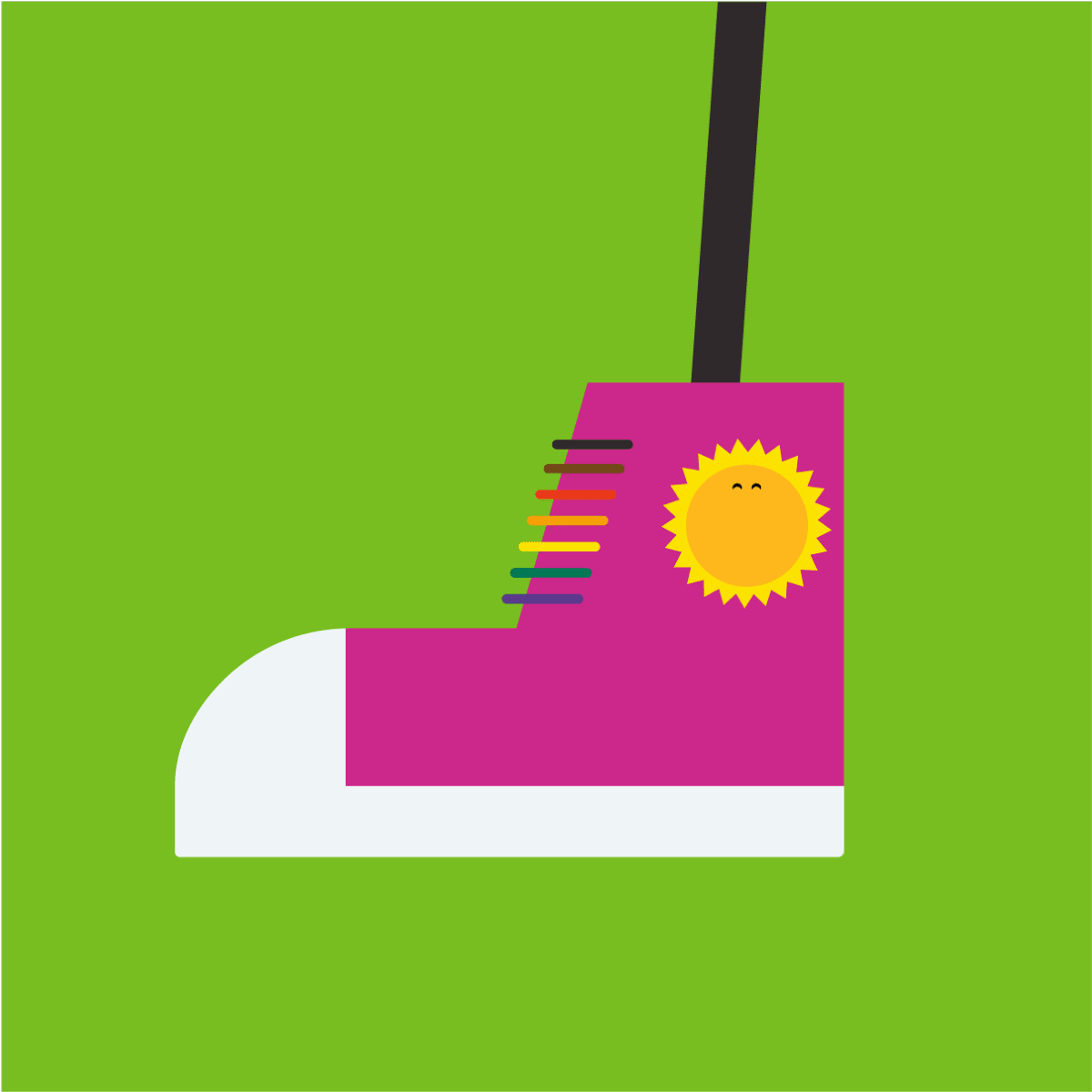Dietitian service for children and young adults


Get in touch with us
Refer to our service
The Royal London children's hospital
- The Royal London children's hospital paediatric dietetic referral form[doc] 613KB
- Email us
- Phone us: 020 3594 1541
Newham Hospital
- Newham paediatric dietetic referral form [docx] 563KB
- Email us
- Phone us: 020 7363 8200
Whipps Cross Hospital

Meet our paediatric dietitians
Helping children eat well and stay healthy
Our expert dietitians support children and families with practical, evidence-based advice on food, growth and nutrition.
They’re specially trained to assess, diagnose and manage a wide range of diet-related conditions. Whether your child needs support with feeding, is recovering from illness, or has a long-term condition, our dietitians are here to help.
We’re always working to improve our services so that every family gets the best possible care.
What do we do?
Where we work
Our children’s dietitians are based across four hospitals:
- The Royal London Hospital
- Whipps Cross Hospital
- Newham Hospital
- Mile End Hospital
We support children and young people aged 0–18 in both hospital wards and outpatient clinics. Our team is available Monday to Friday, 9am–5pm.
Support for children staying in hospital
We visit all children’s wards during the week and work closely with the wider care team to support children who need help with feeding, growth or nutrition.
The Royal London Hospital
- 6C: paediatric critical care unit (PCCU)
- 7C: paediatric assessment short stay unit (PASSU)
- 7D, 7E, 7F: general paediatrics
- 8D: neonatal intensive care and special care baby units (NICU & SCBU)
Whipps Cross Hospital
- Acorn Ward
- SCBU
Newham Hospital
- Rainbow Ward
- SCBU
All children on the wards (except PCCU and NICU) are screened for malnutrition using a national tool called STAMP. If needed, a dietitian will be asked to review and support your child.
Outpatient care
We also offer outpatient appointments for children living in:
- Tower Hamlets (Royal London)
- Waltham Forest (Whipps Cross)
- Newham (Newham Hospital)
Watch our short video to find out what it’s like to visit our children’s outpatients
The Royal London Hospital outpatient clinics (Level 7 unless stated)
- Gastroenterology: clinic areas 3 and 5
- General dietetics: clinic area 4
- Allergy: clinic areas 3 and 4
- Diabetes: clinic area 5
- Neonatal dietitian: level 6
We run joint clinics with consultants for:
- Allergy
- Morbid obesity
- Cystic fibrosis
- Diabetes
- Gastroenterology
Our dietitians also run their own specialist clinics for children under 16 referred by a GP or consultant. We support children with:
- Food allergy (up to 2 allergies)
- Faltering growth
- Coeliac disease
- Diabetes
We also have a specialist allergy dietetic team, working closely with allergy consultants and nurses. If your child needs a specially prepared formula or diet, we use our on-site milk kitchen at The Royal London Hospital to safely prepare what’s needed.
Whipps Cross and Newham hospital clinics
At both hospitals, our children’s dietitians run their own clinics and accept referrals for children under 16 living locally.
Whipps Cross
We offer advice and support for:
- Food allergy
- Faltering growth
- Coeliac disease
- Diabetes
- Children who are tube fed at home
Newham Hospital
We support children with:
- Food allergy
- Faltering growth
- Diabetes
- Therapeutic diets
Mile End Hospital
Our dietitians work with children who are fed through a tube at home. They offer advice, assessment and support to help your child stay well and thrive.
Eating disorder support
The East London Community Eating Disorders Service for Children and Young People (CEDS-CYP) is a specialist NHS service for under-18s with an eating disorder. It supports young people and families in:
- Tower Hamlets
- Newham
- City & Hackney
Eating whilst in hospital
Food and mealtimes in hospital
We offer a wide variety of food and snacks to help your child feel comfortable and well-fed during their time in hospital. Children can choose their meals every day, and we cater for different cultural, medical and dietary needs.
Parents and carers are encouraged to stay during mealtimes to support their child. Our team is here to help make food one less thing for you to worry about.
Choosing meals
Every morning and afternoon, a ward host will visit with a tablet so your child can choose their meals for lunch and dinner. We aim to make food enjoyable and stress-free, and offer options to suit all ages and needs.
Please note: we’re only able to provide meals for patients and breastfeeding mothers, not other family members.
Menus available
We have a range of menus to suit different ages and dietary needs:
- Younger children's menu [pdf] 438KB
- Young adult menu[pdf] 408KB
- World food and Halal
- Kosher
- Specialist menus (gluten free/texture modified)
Mealtimes
| Meal | Time |
|---|---|
| Breakfast | 7:30 – 8:30am |
| Lunch | 12:00 – 1:00pm |
| Dinner | 5:00 – 6:00pm |
Snacks and drinks
A snack trolley comes around the wards twice a day with drinks and light bites. If your child needs extra energy, your dietitian may order high-calorie snacks to support recovery.
Protected mealtimes
During mealtimes, wards observe protected time so your child can eat in a relaxed and calm environment. Non-urgent medical tasks are paused and nurses are available to help children with eating.
Parents and carers are welcome to stay and support their child at mealtimes.
What if my child misses a meal?
If your child misses a meal (for example, due to a procedure), don’t worry — we have an out of hours menu [pdf] 1MB to make sure they don’t go hungry.
Nutritional screening
In the first 24 hours of admission:
- Your child will be weighed and measured
- You’ll be asked about their usual eating habits
- The ward will begin tracking their daily food and drink intake
If there are any concerns, your child may be referred to the hospital dietitian for extra support.
Tips to support your child’s appetite
- Stay nearby during meals to help encourage eating
- Bring in your child’s favourite snacks or drinks from home
- If your child is well enough, take them for a walk to the hospital canteen on Level 5 for a change of scene
Nutrition and dietetic information for families
Nutrition support for families
We know there’s a lot to think about when it comes to your child’s diet and nutrition — especially when they’re unwell or have additional needs. That’s why we’ve pulled together some of the most helpful resources and support links, based on the questions we’re most often asked.
Whether you’re starting weaning, navigating allergies, or just want advice on fussy eating, there’s something here for you.
Babies and toddlers
- Breastfeeding support (Tower Hamlets) – local advice and help with early feeding
- Weaning advice from the British Dietetic Association – how to introduce solids to babies born at term
- Weaning premature babies from Bliss – advice for babies born early or sick
- Feeding young children from First Steps Nutrition – tips on early nutrition and portion sizes
- Healthy Start scheme – if you receive certain benefits, you may be eligible for free healthy food, milk, and vitamins for you and your child. Use your Healthy Start card to buy milk, fruit and vegetables, pulses, or infant formula — and collect free vitamin drops for children under 4.
Fussy or selective eating
Worried your child is refusing food or eating very little? The Infant and Toddler Forum offers great advice on faddy eating and how to support healthy habits without pressure.
Cow’s milk allergy
If your child has or may have a cow’s milk allergy, see the British Dietetic Association’s guide to CMA for reliable information and next steps.
Healthy eating for children
- Healthy eating for children – practical nutrition tips
- The Caroline Walker Trust – portion guides, recipes and meal ideas
- First Steps Nutrition – support from pre-conception to age five, including vegan diets and food bank help
Vitamins and minerals
Children need the right balance of nutrients to grow well. These guides from the British Dietetic Association can help:
Constipation
Constipation is common and can often be improved with diet and fluid changes. It’s also a good idea to speak with your GP or health visitor for extra advice and treatment if needed.
Weight concerns
Whether you're worried about your child being underweight or overweight, support is available.
- Check your child’s BMI
- Tips if your child is overweight
- Change4Life – practical tools for the whole family to eat well and move more
- NHS weight loss plan
If your child has lost weight unexpectedly or is underweight, speak to your GP — they may refer you to a dietitian.

Join YES
Be part of our youth empowerment squad
The Youth Empowerment Squad (YES) is our youth forum made up of young people who have experience of being in hospital.
Improving hospital experiences for young people is their passion and they welcome new members.

Donate to our charity
And support Sunny
Barts Charity invests in inspiring people, healthcare projects and ground-breaking research, driven by one uniting goal: to transform the health of our east London community.




